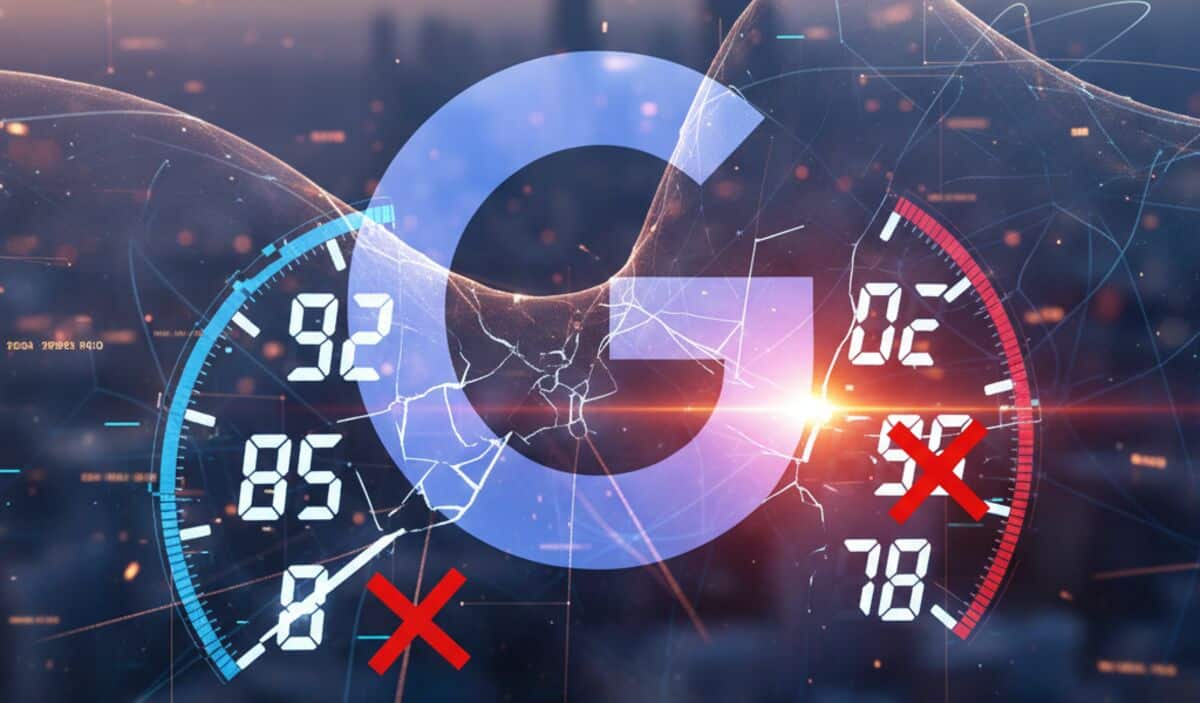Google’s Search Relations team recently pushed a simple but important point: tool-generated scores for technical SEO audits can be misleading. Martin Splitt laid it out in a Search Central Lightning Talk and offered a three-step framework that puts site context ahead of raw numbers. The takeaway? Tools are useful, but they’re not the whole story.
The three-step framework
Splitt’s framework is easy to remember and harder to shortcut. First, run tools and follow guidelines to find potential issues. Second, build a report tailored to the exact site you’re auditing. Third, make recommendations that actually match the site’s needs. Sounds obvious, but we all know how tempting it is to copy-paste a tool’s checklist and call it a day.
A technical audit’s real job, Splitt says, is to ensure nothing stops Google from crawling or indexing your site. Checklists help, yes. But they must be adapted by someone who understands the site’s technology and goals. Put another way: diagnosis before prescription.
Understanding Tech Before Diagnostics
Splitt argues you need to understand a site’s tech before you blindly run diagnostics. That changes everything. Group findings by how much effort they need and the impact they’ll likely have. This prioritization separates the small annoyances from the real blockers.
Consider 404s. Lots of them doesn’t always equal a disaster. If you’ve recently removed a lot of content, 404s are expected. What’s worrying is an unexplained spike with no site changes. Use Crawl Stats or similar signals to see whether 404 patterns match normal maintenance—or point to a deeper problem.
Context beats scores
Automated tools love to turn everything into a number. That’s tidy. It’s also shallow. Not every flagged item matters equally. An international site needs hreflang checks; a single-language blog doesn’t. Tools can’t know that context unless you tell them—or unless someone who knows the site interprets the output.
Splitt’s plea is blunt: don’t follow tools blindly. Make sure findings are meaningful for the site and prioritize for maximum impact. Talk to the people who run the site. Ask about recent changes, content strategy, publishing cadence. They’ll often explain why something flagged by a scanner is actually fine.
Why this matters to you
Generic checklists waste time. They cause teams to chase low-impact fixes while real issues lurk unnoticed. As audit platforms add more automated checks and scoring, the gap between generic findings and actionable advice will likely grow. Technical SEO still needs human judgement—especially for sites with international setups, large archives, or frequent publishing.
Want to keep audits useful? Start with tech understanding, use tools as probes not verdicts, and prioritize work that moves the needle. Leave a comment below and follow us on Facebook, X (Twitter), or LinkedIn for more practical SEO takes.
OpenAI launched GPT-5.1: it’s smarter, faster, and more human.
Sources:
- www.searchenginejournal.com/google-warns-against-relying-on-seo-audit-tool-scores/560190/



Do You Still Need a Website in 2026? Google’s Search Team Weighs In
Google Dominance Grows in Azerbaijan as Yandex Market Share Slumps